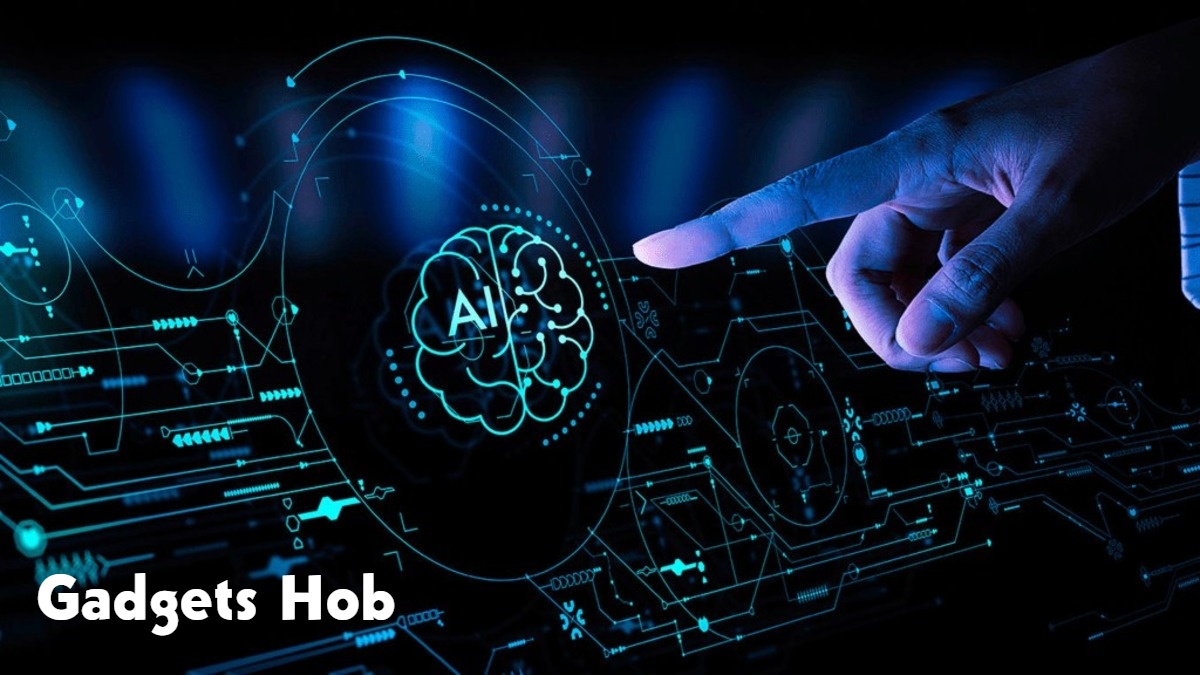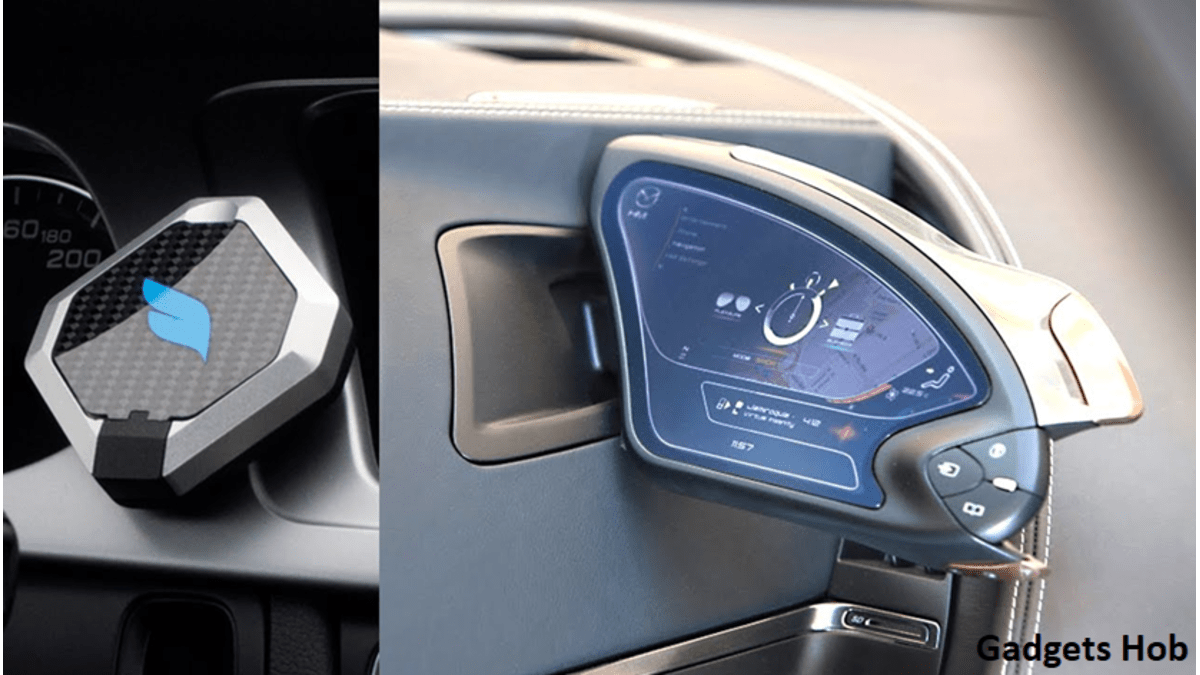The complexity and scope of cybersecurity threats are constantly increasing, making it more difficult for enterprises to protect their digital infrastructure. Despite their importance, traditional penetration testing (pen testing) techniques are frequently constrained by human error, time, and resource availability. Let me introduce you to AI-driven penetration testing, a revolutionary approach that uses AI to automate, improve, and maximize security evaluations. By 2024, AI will be more than simply another tool in an organization’s cybersecurity toolbox; it will completely change how data and systems are safeguarded against increasingly complex attacks.
This article examines how artificial intelligence (AI) is changing penetration testing, as well as some examples of how it has affected contemporary cybersecurity and some of its main benefits.
The Development of AI-Powered Penetration Testing
In the past, penetration testing was a labor-intensive, manual procedure that required trained security specialists to imitate assaults on systems, networks, or apps in order to find vulnerabilities. Despite its effectiveness, this strategy is frequently limited by a number of factors:
Time-consuming: Manual testing can take a while, particularly in intricate and sizable IT settings.
Human limitations: Even highly skilled security professionals may overlook tiny flaws or be unable to accurately replicate all possible attack scenarios.
Repeated tasks: A lot of pen testing’s repetitive components, including vulnerability scanning, can be automated.
Principal Advantages of AI-Powered Penetration Testing
Quickness and Effectiveness The capacity of AI to quickly scan systems and find vulnerabilities in a fraction of the time it would take a human tester is one of the most important advantages of AI in pen testing. AI-driven solutions are able to continuously monitor and scan, guaranteeing that any security threats are immediately identified. This is particularly helpful in high-speed settings like DevOps, where security testing must adapt to the rapid system changes.
1: Decreased Human Error Vulnerabilities could be overlooked by even the most skilled cybersecurity professionals. On the other hand, AI-powered systems are meant to be meticulous and systematic. In particular, machine learning algorithms can be trained to identify trends and spot abnormalities that can point to security flaws, which lowers the possibility of human error.
2: Adaptive and Automated Testing Conventional penetration testing frequently uses checklists or scripts that have already been established. On the other hand, AI is able to instantly modify its testing methods in response to the surroundings it comes across. AI algorithms, for instance, are capable of simulating a broad variety of attack strategies and modifying their strategy in response to the target system’s reaction. Because of their adaptive nature, AI-driven pen testing techniques can find vulnerabilities that static, rule-based systems could miss.
3: The ability to scale Carrying out manual penetration testing in large enterprises with expansive IT infrastructures may be an arduous and resource-intensive undertaking. Testing at scale is made possible by AI, which can simultaneously scan large networks, cloud environments, and applications. This guarantees that every aspect of the company’s digital presence is monitored.
AI-Driven Penetration Testing Instruments to Examine
A number of innovative AI-powered technologies are already causing a stir in the cybersecurity space. Here are a few noteworthy instances:
Cyborg AI: This AI-powered software automatically scans networks for vulnerabilities, produces reports, and suggests remedies using machine learning techniques. With time, its adaptive learning engine becomes more proficient at identifying new threats.
Darktrace Antigena: Well-known for using AI in cyber defense, Darktrace analyzes network traffic using machine learning to spot irregularities instantly. Its AI-powered “self-healing” features enable it to automatically eliminate threats as soon as they are identified.
XM Cyber: This program mimics sophisticated attack methods employed by actual hackers using artificial intelligence. Through continuous testing, it finds weaknesses and forecasts possible breach paths, enabling proactive defensive strengthening on the part of companies.
Astra Pentest: Astra is an AI-powered penetration testing tool that prioritizes threats according to severity and automates vulnerability detection. With its integration with CI/CD pipelines and continuous testing capabilities, it guarantees that security is a crucial component of the software development lifecycle.
Impact in the Real World: AI-Powered Penetration Testing in Practice
The use of AI in penetration testing is not merely theoretical; practical instances show how much of an influence it has on cybersecurity.
A sizable financial institution began using AI-powered pen testing in 2023 to supplement its conventional security measures. In addition to identifying vulnerabilities more quickly than manual techniques, the AI tool also detected a misconfiguration in one of its cloud environments that was previously unnoticed, averting what may have been a significant intrusion. The system’s capacity to continuously detect and adjust to environmental changes made sure that possible threats were dealt with right away, cutting down on exposure and decreasing downtime.
In a another instance, a healthcare provider evaluated its security posture after a significant system upgrade using AI-driven pen testing techniques. During manual testing, the AI system missed a number of zero-day vulnerabilities in its electronic medical records (EMR) platform. The provider prevented potential data breaches that would have jeopardized patient information by swiftly fixing these vulnerabilities.
AI’s Role in Cybersecurity Future
The incorporation of artificial intelligence (AI) into penetration testing is a noteworthy advancement in cybersecurity, given the ongoing rise in cyber threats. AI-driven pen testing solutions give enterprises proactive defenses against changing threats in addition to improving security assessments’ speed, accuracy, and scalability.
AI-powered penetration testing is expected to become the norm in 2024 for businesses looking to keep one step ahead of attackers. We anticipate considerably more innovation in automated security testing as these technologies develop, ushering in a new era of intelligent cybersecurity protection.



